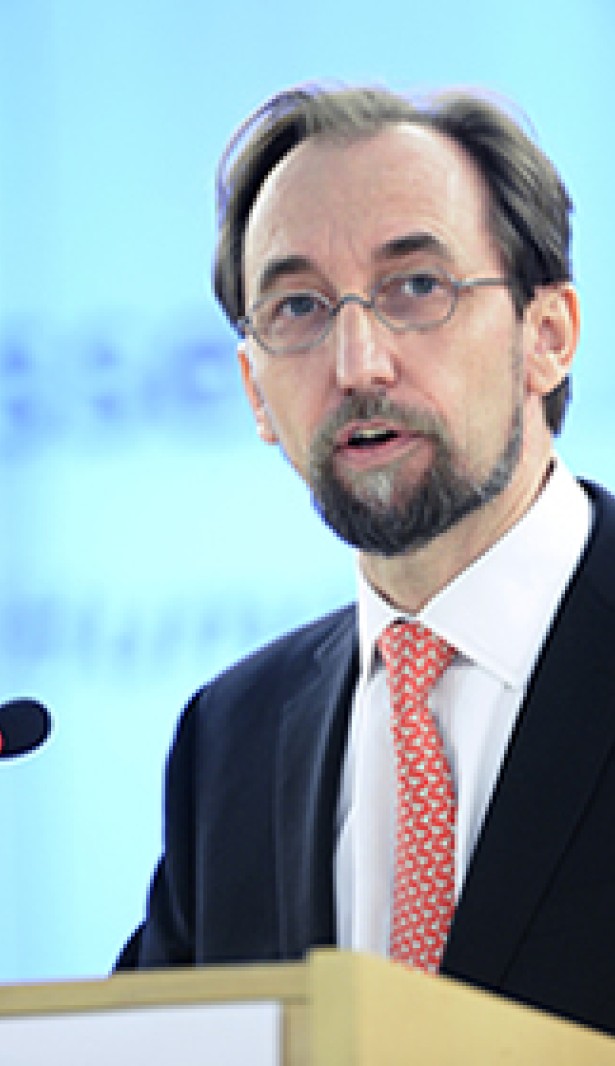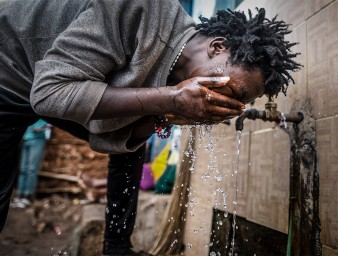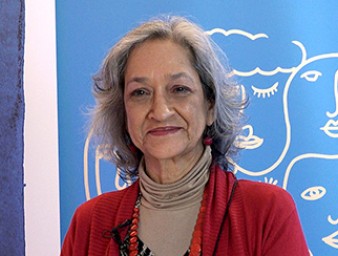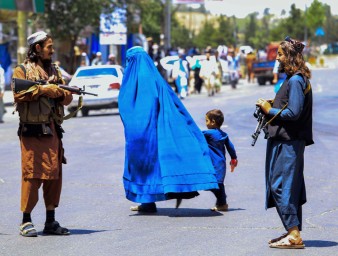States must renew dedication to inalienable human rights
02 March 2015
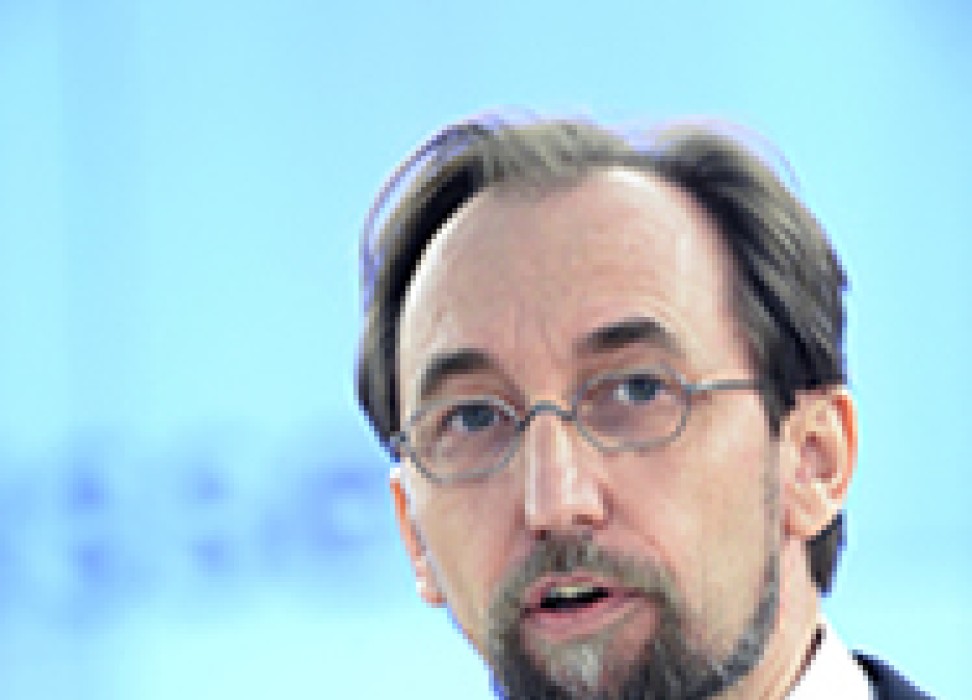
At a time when human rights atrocities are being committed on what seems like a daily basis, the people of the world are “crying out for profound and inspiring leadership equal to the challenges we face,” said UN High Commissioner for Human Rights Zeid Ra’ad Al Hussein.
“We must therefore renew, by the strongest action, our dedication to the reality of inalienable and universal human rights, to end discrimination, deprivation, and the seemingly inexhaustible litany of conflicts and crises that generate such terrible and needless suffering,” he said.
Zeid made his statement during the opening of the 28th session of the Human Rights Council in Geneva. The Council meets in Geneva from 2 – 27 March and will address a wide range of issues including situations in Ukraine, Sri Lanka, Syria and the Democratic People's Republic of Korea, as well as issues such as freedom of religion, assembly and expression and safety of human rights defenders.
Zeid focused his comments on the conduct of Member States regarding their obligations to uphold human rights. He said he was disturbed by the “contempt and disregard displayed by several States” towards the Council’s independent experts, as well as intimidation and smear campaigns directed against members of civil society and other human rights defenders. He appealed to States to remember to focus on the “substance of the complaints, rather than lash out at the critic.”
Looking at solutions, Zeid said that the most powerful tool the Council has in its arsenal against poverty and conflict is the “weapon of massive instruction”. Discussions in the session would only be worthwhile, he said, if every state represented “take the recommendations of the Council, its Universal Periodic Review and its expert mechanisms out of this room and give them real impact where it matters, in your countries.
“The only real measure of a Government’s worth is not its place in the solemn ballet of grand diplomacy,” he said. “It is the extent to which it is sensitive to the needs – and protects the rights – of its nationals and other people who fall under its jurisdiction, or over whom it has physical control.”
2 March 2015
